Restoring polluted land: Unique reforestation land trust launched in Quebec
Why It Matters
All Canadian cities have industrial neighbourhoods that negatively impact the residents' quality of life and life expectancy, and the lack of green space worsens matters. Demineralizing and decontaminating a portion of the land is a promising solution. A social utility trust, or any other equivalent legal vehicle, is an effective structure for implementing this solution, so a group of Quebec City citizens is testing the formula.
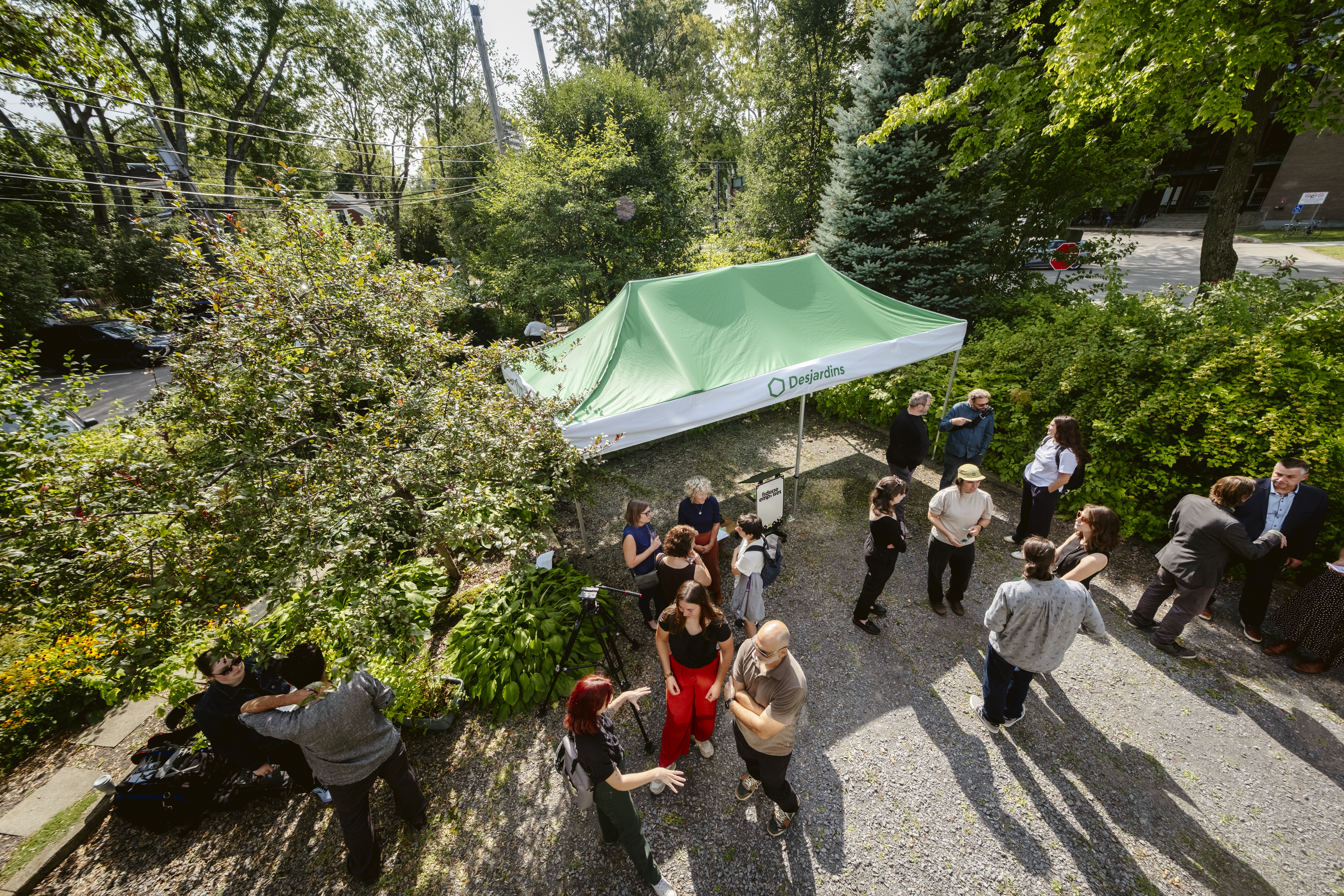
What do you do when your land trust can’t find any clean land to protect? You use the trust to create some.
In a unique reversal, a group of Quebec citizens launched the province’s first urban reforestation social utility trust, Fiducie Emprises, earlier this month, with the goal of cleaning the air in the Quebec City neighbourhood of Limoilou.
Where citizens breathe in twice the recommended limit of pollution as recommended by the WHO
Mathieu Caron, an ecological construction entrepreneur and the catalyst of this innovative initiative, could not rely on the conservation land trust structure for Limoilou. The neighbourhood has almost no green spaces to protect; concrete has been king for decades.
“[The neighbourhood is mostly] busy streets and highways, major power lines, railroads, industries, contaminated land and other infrastructures,” according to a 2023 report from the Quebec City public health department. “These are responsible for noise, odours, dust and pollution. What’s more, the heat is very intense during heatwaves.”
Limoilou is part of an area commonly known as “La Basse-Ville,” where citizens breathe in twice as many harmful particles as the average recommended by the World Health Organization.
The people who live there have a seven-year life expectancy shorter than that of Quebec City’s upscale neighbourhood, “La Haute-Ville.”
This shortened life expectancy strikes many Canadian neighbourhoods with an industrial past. Polluters continue building in these same neighbourhoods because the damage has already been done.
Caron and his wife lived in the Basse-Ville for a while when they bought and renovated a historic triplex in Limoilou to accommodate their growing family.
This acquisition was a turning point.
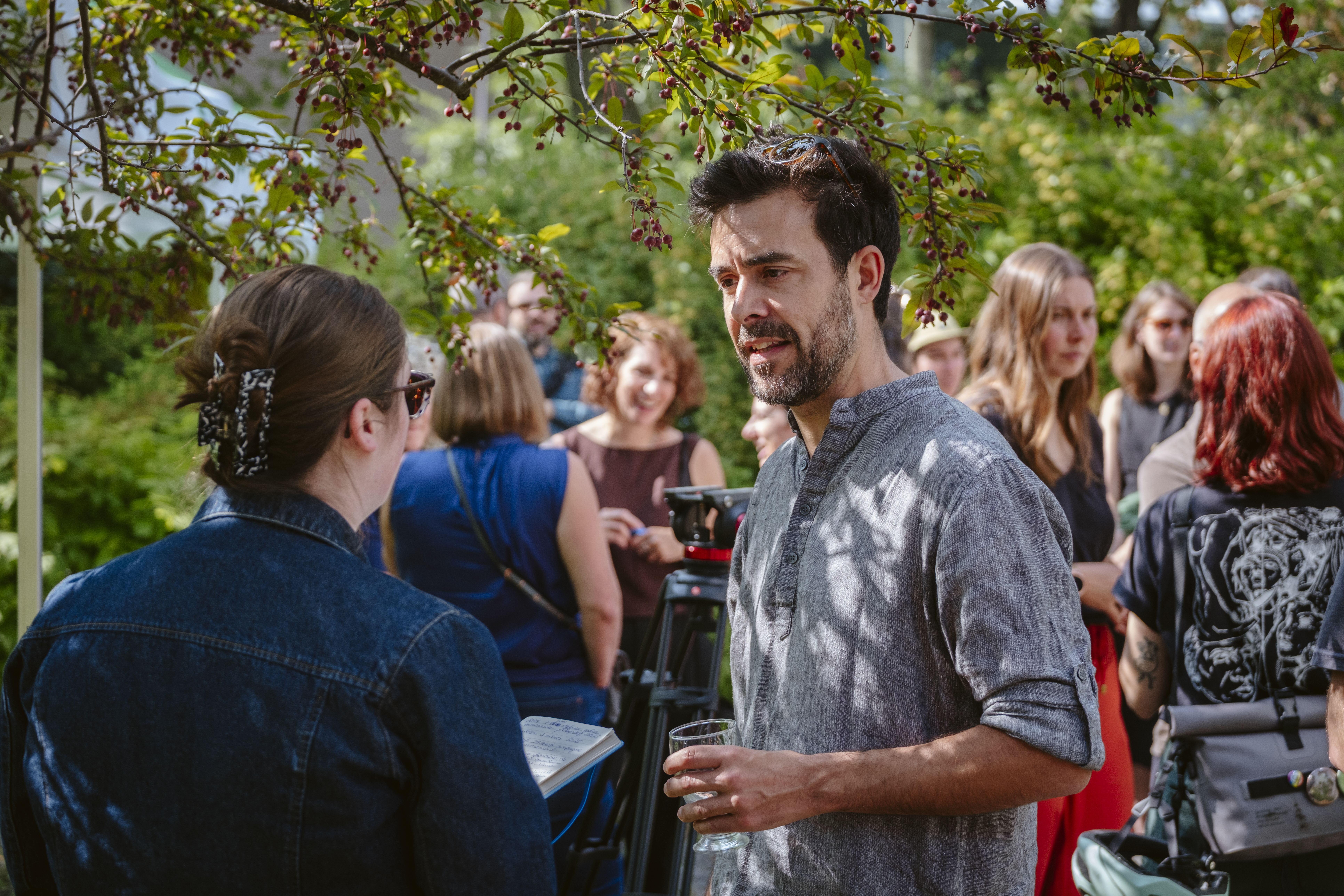
“Every year, my wife and I wondered if we should move. We worried about the effect of air quality on our children’s health and our own,” said Caron.
“In 2016, I stopped hesitating and became part of the solution.”
He joined the fight that community organizations and civil society had been carrying for better air quality for Basse-Ville residents. First, as a citizen, then as a social entrepreneur.
Time for a structured reforestation strategy
“The time was ripe for a structured strategy to repurpose mineralized, contaminated and abandoned pieces of land in the Basse-Ville to create green space on a large scale,” said Nicolas Girard, general manager for Le Fonds d’action québécois pour le développement durable (Quebec Sustainable Development Fund).
The trigger was Quebec Hydro’s intention to dispose of three pieces of contaminated land covering 25,000 square feet in Limoilou.
Neither the City nor private promoters were interested.
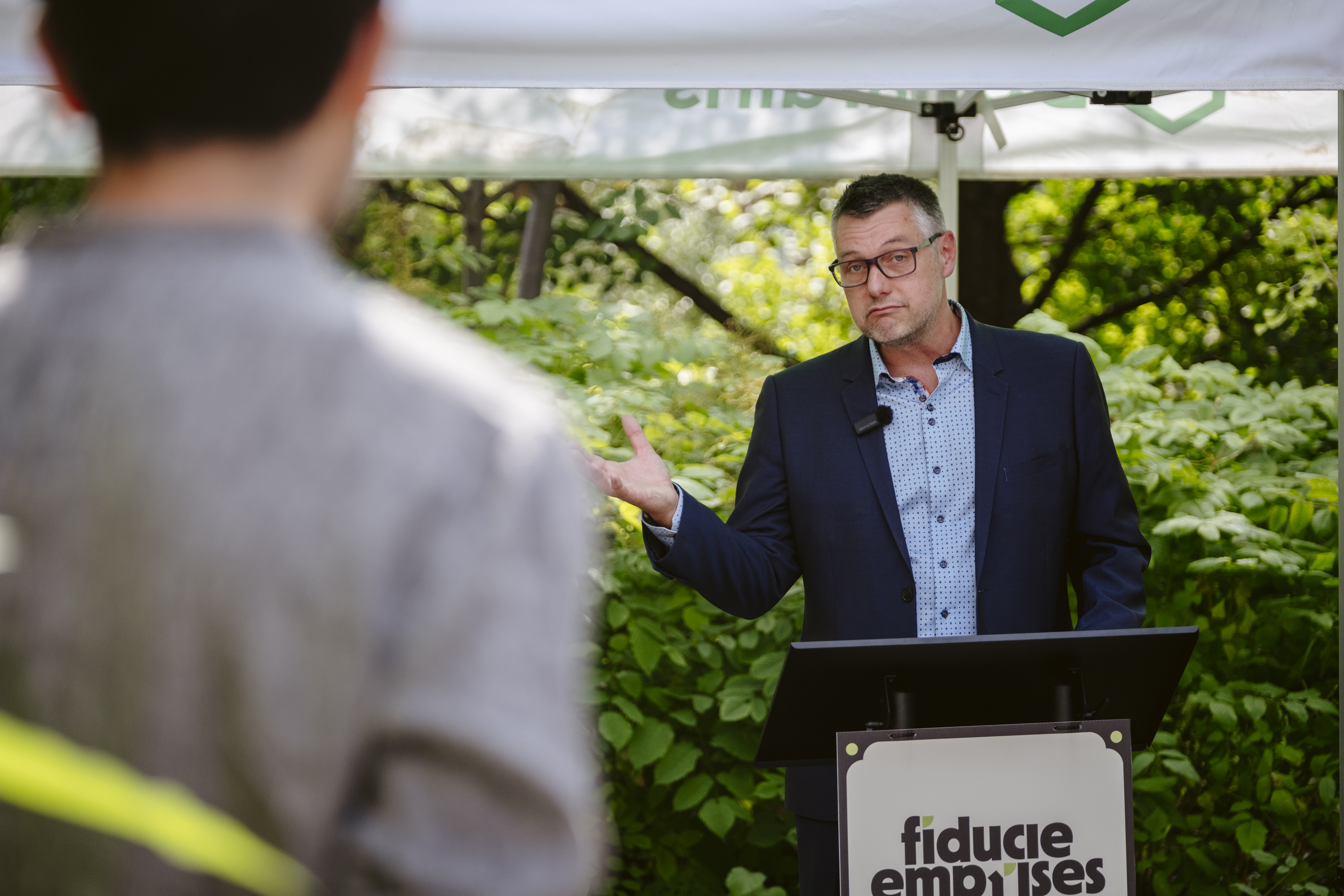
So Caron and a few citizens met with Quebec Hydro representatives to explore reclaiming the land for the community.
“Hydro was interested,” said Caron. “However, they invited us to find a credible, sustainable legal vehicle so that they and other organizations could transfer their land to the community, not to a bunch of citizens.”
That is where collective real estate consultant Marie-Anne Marchand came in.
Marchand is one of Quebec’s most respected experts on social utility trusts (SUT), having written numerous handbooks on the topic and helped many initiatives.
“I read everything Marie-Anne wrote; it convinced me that a SUT was the best structure to protect the green spaces we will create from contaminated land,” said Caron.
A social utility trust is a legal structure in Quebec’s civil code that allows fiduciaries to hold and administer assets in the public interest. The community becomes the asset owner. The appropriation must be socially beneficial and serve the public interest, such as cultural, educational, philanthropic, environmental, religious, or scientific goals.
“It is a very efficient legal structure, but it takes years to create,” said Marchand.
The first step: making noise by planting trees
So, in 2022, Caron and his friends created Emprises Espaces Urbains, an urban forestry non-profit organization.
It was a critical step toward the urban reforestation SUT, said Christophe Bédard-Kipling, Group Entrepreneurship Coordinator for Quebec Corporation de développement économique et communautaire (Economic and Community Development Corporation Quebec).
“Emprises Espaces Urbains federated community organizations and citizens already involved in the air quality issue. It also attracted political and public attention,” said Bédard-Kipling.
Emprises Espaces Urbains planted 600 trees, creating mini-forests across the territory. The group became known as “the land planting people.”
“The first time I met Mathieu, his sense of powerlessness was as strong as his will to act,” said Bédard-Kipling, who accompanied Caron from the non-profit creation to the trust’s launch and now sits on Fiducie Emprises’ board.
Creating a social utility trust requires a lot of work, said Marchand.
“The promoters must ensure the support of as many stakeholders as possible before starting the process,” she said.
Once it was up and running, the non-profit created momentum for the SUT.
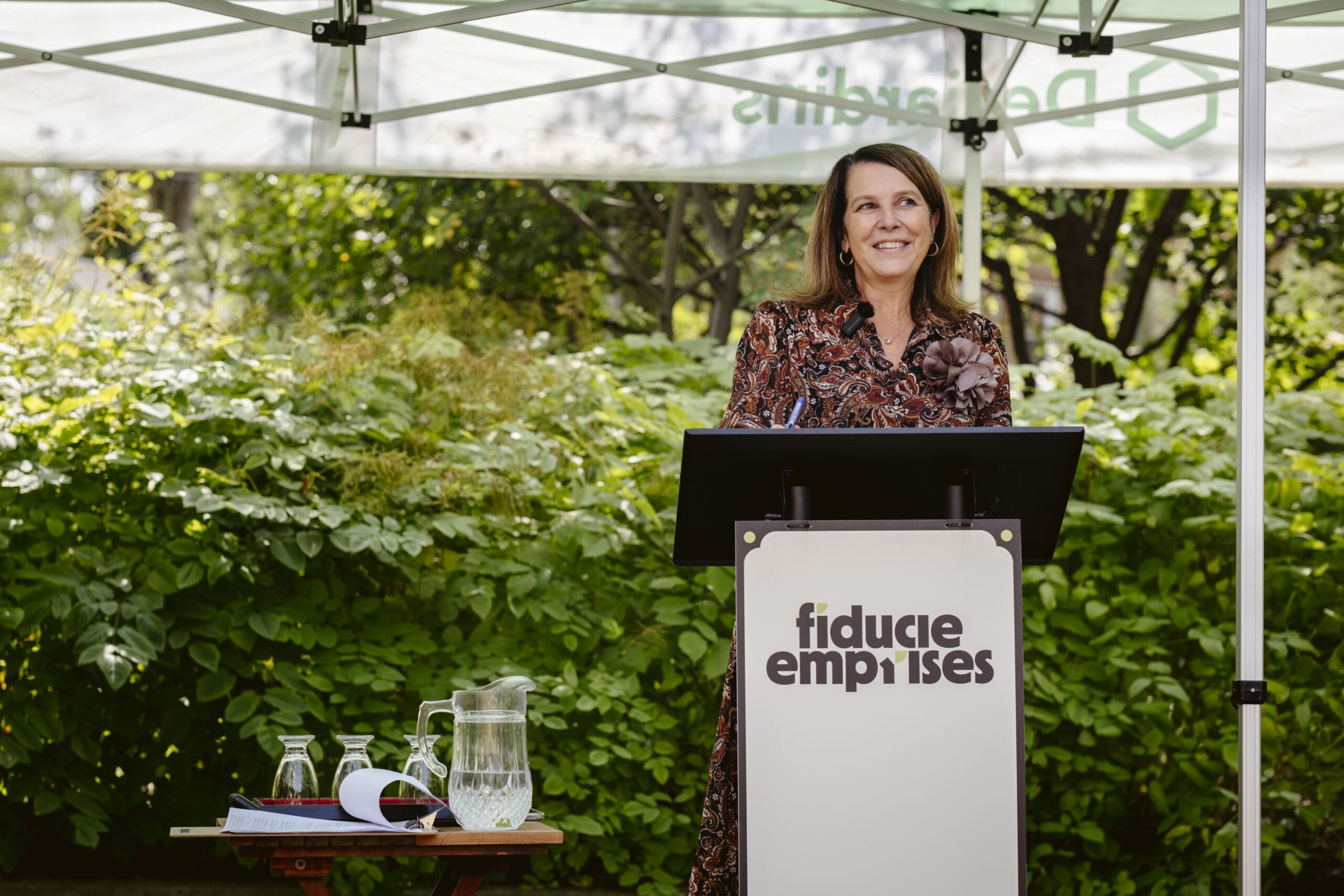
Fiducie Emprises is a social innovation. “It starts as a dream for the community, but is not a theoretical innovation. It gets very concrete as we deploy and experiment with it,” said Marie-Josée Asselin, vice president of Quebec City’s executive committee.
“The journey matters as much as the results; it is how you achieve maximum positive impact,” said Girard.
The next step: finding allies for the social utility trust
Systemic change requires desirability and support. As Emprises Espaces Urbains made noise around the reforestation issue, Caron sought allies for the SUT creation.
He found them at the Caisse d’Économie Desjardins Design Thinking Day event two years ago.
“In December 2023, we gathered 30 movers and shakers for a day to discuss projects improving the residents’ quality of life,” said Samuel Proulx-Lemire, Limoilou’s Caisse d’Économie Desjardins president, including Caron.
In the morning, projects were presented. Then, the participants selected and prototyped five, including Fiducie Emprises. This brought Caron new partners and allies, along with financing.
“Fiducie Emprises benefited from a donation from our $1 million eco-responsible fund dedicated to grassroots projects,” said Proulx-Lemire.
The SUT also received a $250,000 grant from l’Accélérateur de la transition écologique (Ecological transition accelerator), a municipal initiative for community ecological transition projects piloted by non-profits, cooperatives, or schools.
An underlying mission of l’Accélérateur is behavioural change.
“Fiducie Emprises proposes a fresh angle to greening in an urban context, which is very appealing for cities. It opens possibilities for dense neighbourhoods with a large portion of contaminated land,” said Girard.
Moreover, cities own only a tiny part of their territory; the rest is privately owned.
“We can’t count on public land alone to achieve the recommended 30 per cent greening objectives. We need private land. And that’s where Fiducie Emprises’ mission comes into its own for a city,” said Bédard-Kipling.
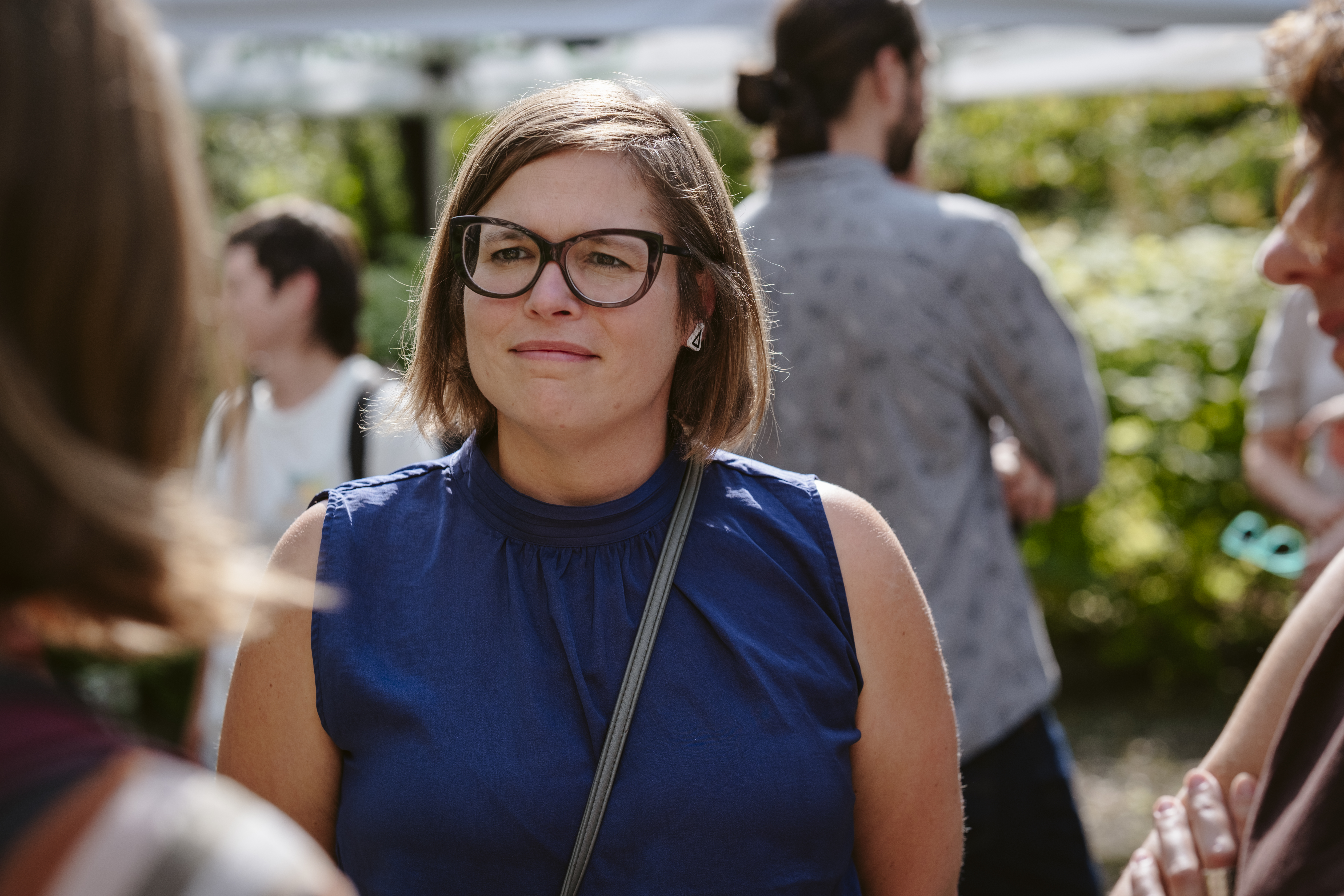
That is where lawyer Emilie Therrien came in. While working in a Montreal law firm serving social economy organizations, Therrien launched HocheLab, where she now works full-time.
“It is a non-profit at the intersection of community and economic development,” she said.
HocheLab operates in eastern Montreal, an area with issues similar to La Basse-Ville’s. Its mission is to preserve affordable housing and local shops.
“We buy small mixed-use buildings to prevent them from falling into the speculation trap. And we find buyers for shops and restaurants with aging owners,” said Therrien.
The trust deed: two asset classes for more flexibility
Caron contracted Therrien to write the Fiducie Emprises trust deed. She ended up with more than a contract; she added a new goal for Hochelab.
“I have seen many SUTs, but have never heard of one with an urban reforestation mission. My neighbourhood sure could use this structure,” she said.
Therrien suggested that the deed define two types of assets: class A and class B. The first group is inalienable: Emprise could never sell them under any circumstances. The second group is alienable: They could be sold or transferred to a third party if it allows Emprises to pursue its mission.
This idea came from the “The Lanaudière Conservation Social Trust, said Therrien. “Sometimes their land donations include buildings. They classify those as an alienable asset class, so the fiduciaries board might have the option to sell or deconstruct the building,” she said.
Caron sees at least two situations where an alienable asset class could prove helpful to the SUT.
Most of the land donated will be contaminated, requiring an audit. Quebec’s government established different categories of contaminated land.
“Some require full decontamination to allow human presence, but you can still reforest and reap nature’s benefits for the community. For others, you might create human accessible parks and forests right away,” Caron.
Classifying a piece of land donated in the B category allows for a thorough environmental and financial audit before making it inalienable.
The second situation where two asset classes may be helpful deals with conflicts of use.
La Basse-ville is an underprivileged district, and the housing crisis worsens things.
“We’re aiming for highly contaminated land that is not directly competing with the real estate market,” said Caron.
“But suppose we get donated healthy pieces of land that could accommodate affordable housing. We might leave it in Class B and consider trading it or selling it to pursue our mission,” he added.
The conflicts of use and eco-gentrification are delicate issues that Caron is not shying away from.
“We’re creating beauty in a neighbourhood in flux and transition. Of course, we want to protect the social mix, but I don’t think those who plant trees should bear the burden of speculation. Still, I hope that greening won’t have the effect of driving out the poorest people, because they really need this service,” he added.
One way to prevent eco-gentrification would be long-term planning from the City.
“The municipal administration could use its pre-emption rights to reserve some land for greening and others for housing,” said the social entrepreneur.
The first donation
Fiducie Emprise was launched with a first donation of a 3,000-square-foot mini-forest in September 2025.
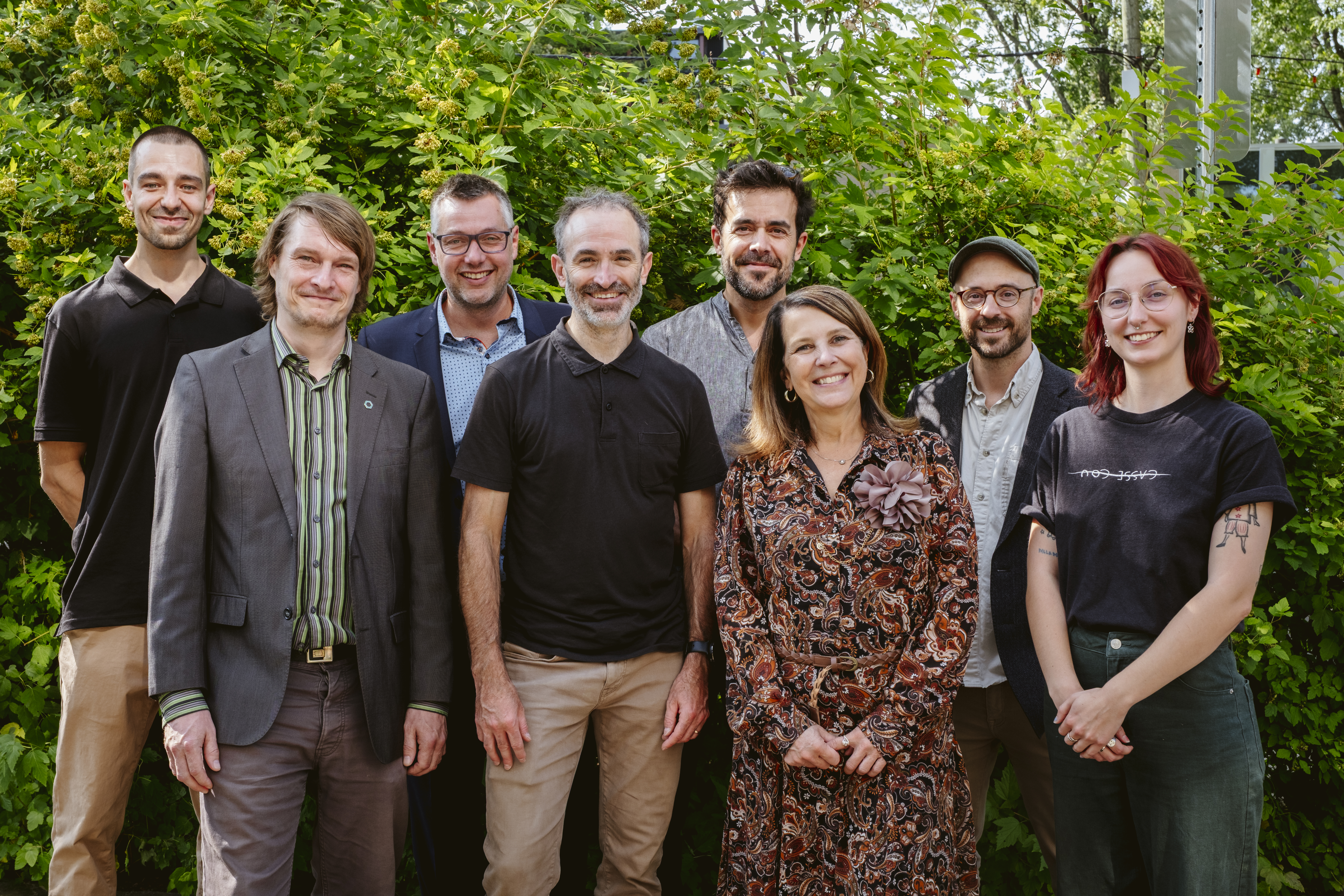
“This time, we have it easy because the reforestation is already done,” said Caron.
The donors, who chose to remain anonymous, transformed most of their house’s parking spot into a mini natural habitat. They have donated half of it to Fiducie Emprises, and the rest will be donated when they sell the house.
The subsequent owners will get a house with a much smaller lot. It will influence the amount this couple can receive when they sell.
“The house might be worth less financially, but it’s worth more socially. That is our legacy. And the beauty of all is that we get to see the impact while we are alive,” they said.
The following donations will be more challenging. “As fiduciaries, we need to work on our business model,” said Bédard-Kipling. “We must ensure that we secure a sufficient amount to decontaminate for each piece of land,” he added.
“Contaminated land results from economic activities that enrich their owners,” said Marchand.
“When disposing of the land, these owners have social corporate responsibilities. Fiducie Emprises needs to price this responsibility correctly, considering that the trust holds the land forever. Environmental laws will evolve; you do not want to leave a debt to the next generation,” said Marchand.
Making alliances to scale the model
“We started this initiative by building on the successes of others with similar projects. We hope to have improved the recipe or at least adapted it to a new context. Everything we’ve produced for Fiducie Emprises will be accessible to everyone so that the next ones can do even better,” said Caron.
“It could really be worthwhile to make alliances with other groups mobilized in Quebec and Canada about how this model can be exported,” said Marchand.
“Alliances with other neighbourhoods like ours to demand better air quality, of course, it’s so appealing to me,” said Caron.
However, he insisted that it all starts with a mobilized community. A SUT can federate stakeholders, but it is not the first step.
